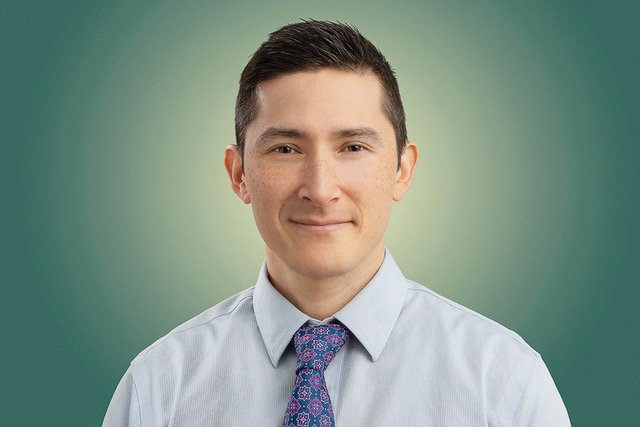S11. E30: Brent Kim: From Farm to Fork and Beyond
“My colleague and I went out to Arizona because there was a community that was concerned about the expansion of an egg laying operation, essentially in their backyard. At full capacity, that operation was slated to house 12 million birds. 12 million birds. It’s like New York City, but with chickens.”
We know that what we eat has an enormous impact on billions of animals, our health and the health of the planet. If we fail to change our diets and the food system, the planet will face increasingly severe environmental, social, and economic consequences, many of which are already beginning to unfold. We know this, we know that there is much we could be doing about it, on large and small scales, yet the urgency is not here.
I think the more knowledge we have, the more we are willing to demand change and even change ourselves. So, I wanted to go deeper into the food system to get a better understanding of its impact on public health, the planet, ecosystems and social justice, and mostly - to hear about how we change it.
This episode marks the beginning of a special four-part series with some of the experts from the Johns Hopkins Center for a Livable Future.
“It’s a two-way street, right? What we’re eating is impacting the climate crisis. And the climate crisis is impacting the food that we eat.”
This conversation is with Brent Kim. Brent is a program officer for the Center’s Food Production and Public Health program. His research spans issues from farm to fork with published works on sustainable diets, climate change and industrial food, animal production, food and agriculture policy, soil safety, and urban food systems. He and I talk about much of it, how to change it and solutions for a much better future.
Please listen and share.
In gratitude,
Elizabeth Novogratz
Learn more about Johns Hopkins Center for a Livable Future
Learn more about Brent Kim
Listen to the Unconfined Podcast
Become a Species Unite member!
You can listen to our podcast via our website or you can subscribe and listen on Apple, Spotify, or Google Play. If you enjoy listening to the Species Unite podcast, we’d love to hear from you! You can rate and review via Apple Podcast here. If you support our mission to change the narrative toward a world of co-existence, we would love for you to make a donation or become an official Species Unite member!
As always, thank you for tuning in - we truly believe that stories have the power to change the way the world treats animals and it’s a pleasure to have you with us on this.

